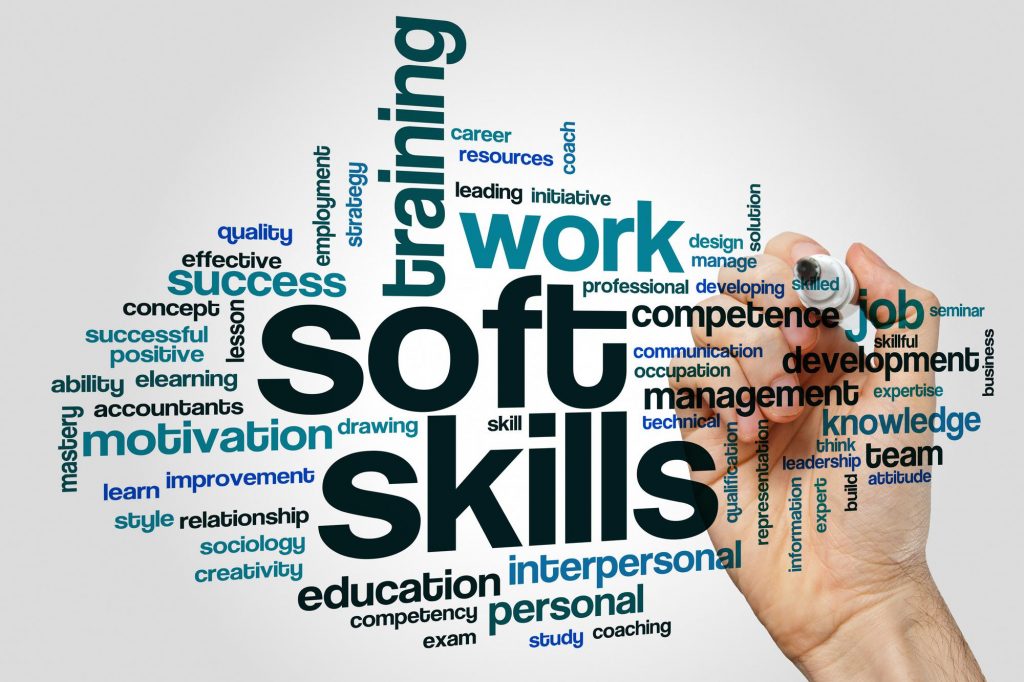
In today’s fast-changing workplace, employees must be flexible and willing to change with the times. While most people would think they need to enhance their technical skills, there are lesser-known skills that they need to develop to remain competitive.
In this article, we’ll explore skills employees should learn to boost their efficiency and help support their career growth:
1. Presentation
Regardless of the industry, employees must be able to communicate and present their ideas well to both colleagues and clients. Strong presentation skills play a critical role in achieving this goal, allowing employees to deliver their message with clarity and confidence. By engaging their audience and inspiring action, presenters can earn the trust and respect of their peers, leading to enhanced collaboration and teamwork.
Moreover, employees who can give compelling presentations will likely stand out from their peers, increase their visibility within their organization, and demonstrate their value to their employer.
That said, whether you’re just starting your career or looking to climb the corporate ladder, developing this skill is essential. Not only will you benefit from the many advantages of presentation skills, but you can also take your career to new heights.
2. Communication
Effective communication is essential in today’s workplace. It allows you to convey your ideas clearly, build relationships with colleagues and clients, and navigate conflicts. With businesses becoming increasingly global and diverse, the ability to communicate across cultures and languages has become more important than ever.
In addition, more employers are placing greater emphasis on communication skills when hiring and promoting employees, especially since effective communication leads to greater productivity, improved teamwork, and better customer satisfaction.
So, developing strong communication skills is crucial for success in the workplace. It not only allows you to achieve your goals, but it also makes you a valuable asset to any organization.

3. Flexibility
Adapting to change is another essential skill in today’s fast-paced work environment. While some individuals may find it challenging to adjust to new circumstances, remaining flexible and open to new ideas is best.
For one, innovation is a constant in the modern workplace, and staying updated with new and improved ways of doing things can result in greater efficiency and productivity. Moreover, employers value employees who can adapt quickly to change and are open to taking on challenges, as this ability allows them to be more agile and responsive to shifting business needs.
Therefore, developing the ability to be flexible and adaptable is an important trait for any team member. It allows you to navigate challenges better, seize opportunities, and ultimately contribute to the success of your organization.
4. Leadership
Leadership skills are often associated with positions of authority, such as managers, supervisors, and team leads. However, the truth is that every employee can benefit from developing their leadership skills. This is especially since the ability to lead and inspire others is more important than ever in today’s modern workplace.
Leadership skills are more than just managing people or leading teams; they’re also about developing a vision, setting goals, and motivating others to achieve them. By working on your leadership skills, you can improve your ability to communicate effectively, make sound decisions, and take initiative.
Developing leadership skills takes time and effort, but it’s a worthwhile investment in your personal and professional growth.
5. Time Management
Effective time management is essential for employees juggling multiple tasks and responsibilities. In addition to meeting deadlines, proper time management helps improve productivity, reduce stress, and increase job satisfaction. By prioritizing tasks, setting realistic goals, and creating a schedule, employees can better manage their time and achieve their objectives without feeling overwhelmed by work demands.
Some best practices to help you master time management include creating a priority list instead of a to-do list, using time management tools to monitor and boost productivity, and avoiding multitasking since it can affect your focus.
6. Teamwork
Teamwork is an integral part of the workplace. When you’re part of a team, you have access to more resources and information than you would alone. You also have the opportunity to learn from other people’s expertise and experience, which can help you grow professionally.
Regardless of the task, working effectively with colleagues is essential for success. It allows team members to combine their individual strengths and skills, share ideas, solve complex problems, and support each other to achieve a common goal. Effective teamwork also helps foster a positive work environment where employees feel valued, motivated, and engaged.
Being a team player can mean many things. First, you’re willing to put the team’s needs above your own. It also means respecting and valuing other people’s opinions, even if they differ from yours. You’re also willing to help when someone else struggles with a task or issue—even if it’s not in your job description.
By developing your skills for collaborating with others, you can become a more valuable team member.
7. Decision Making
Good decision-making skills in the workplace are crucial because they enable employees to evaluate options, weigh consequences, and select the best course of action. It’s worth noting that making sound decisions can positively impact the overall success of the team and the organization and helps build trust and credibility among colleagues and superiors.
This key skill is closely tied to problem-solving skills. By thinking critically and analyzing all the available information, you can come up with solutions to complex problems, which can be a valuable asset in your personal and professional growth.
To help you improve your decision-making skills, attending training programs or workshops can provide a foundation for problem-solving and critical thinking. In addition, you can seek mentorship from experienced colleagues or managers who can offer guidance and support.
Takeaway
Learning and developing lesser-known skills is crucial for career growth. Skills such as presentation, communication, time management, leadership, flexibility, teamwork, and decision-making can help you contribute better to your company.
While these skills may require time and effort to develop, they are essential to opening doors for more career opportunities. By taking the initiative to learn and develop these skills, you can demonstrate your value to your organization and position yourself for promotion.

